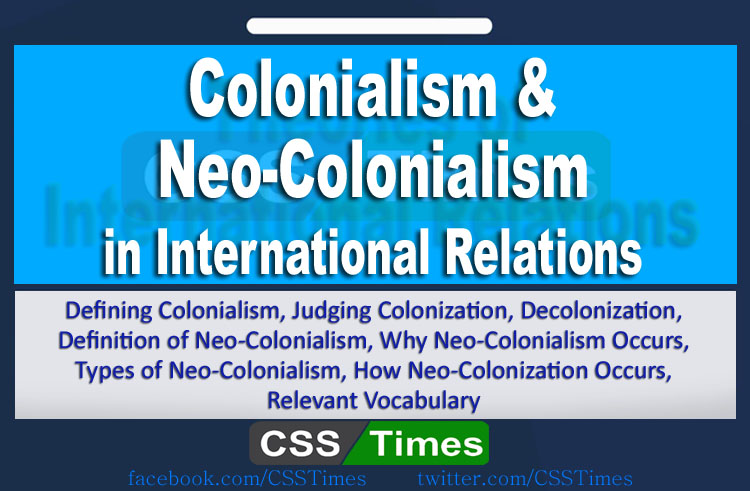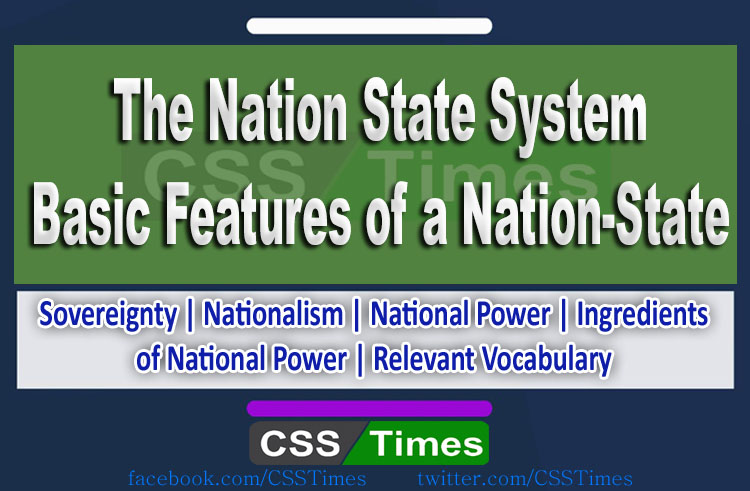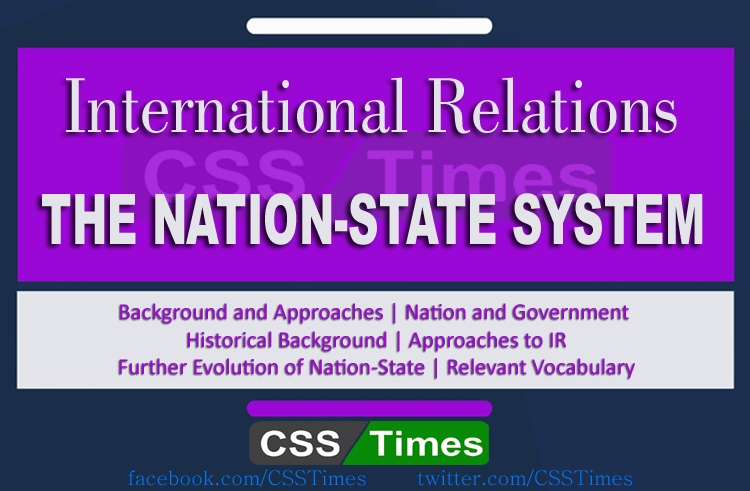Colonialism & Neo-Colonialism in International Relations
Colonialism is an elusive concept. It is a political, a legal, an economic, a cultural and a social phenomenon, which does not lend itself to a short and clear definition. While colonizing states refrained from defining colonialism, many scholars of various disciplines have written about the subject.
According to the Oxford English Dictionary, the mid-14th century “colonye” was used to describe the Roman settling, creating outposts, or occupying lands outside the Roman city-state. Colonialism emerged around the 19th century to reify a European practice that was becoming prevalent across the world.



